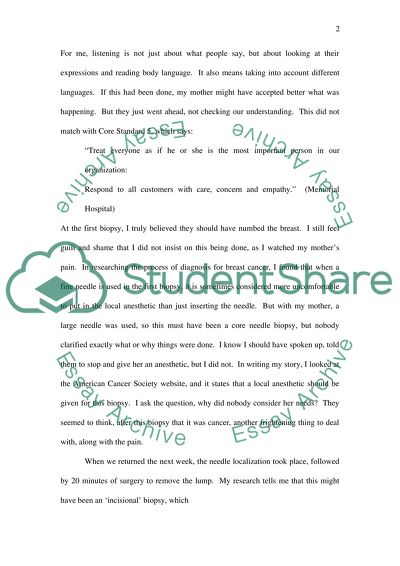Cite this document
(“Breast Cancer Biopsy: A Traumatic Experience Essay”, n.d.)
Retrieved de https://studentshare.org/miscellaneous/1509409-breast-cancer-biopsy-a-traumatic-experience
Retrieved de https://studentshare.org/miscellaneous/1509409-breast-cancer-biopsy-a-traumatic-experience
(Breast Cancer Biopsy: A Traumatic Experience Essay)
https://studentshare.org/miscellaneous/1509409-breast-cancer-biopsy-a-traumatic-experience.
https://studentshare.org/miscellaneous/1509409-breast-cancer-biopsy-a-traumatic-experience.
“Breast Cancer Biopsy: A Traumatic Experience Essay”, n.d. https://studentshare.org/miscellaneous/1509409-breast-cancer-biopsy-a-traumatic-experience.


